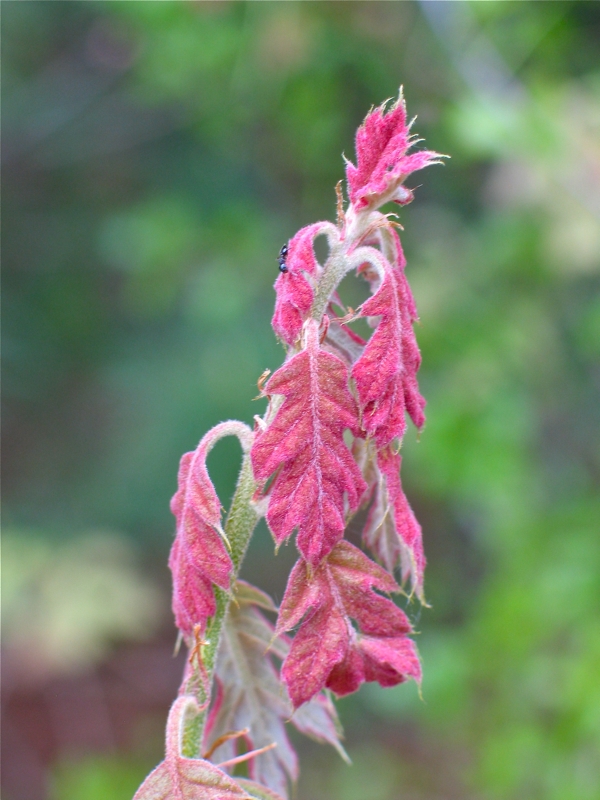Field Station Concordia and the New England Leaf Out Project have teamed up on a citizen science project to collect leaf out times in the spring of 2014.
We are investigating the effects of climate change on the tree species of New England. Using both remote sensing and direct observations, we will monitor leaf out times across the region, and whether trees leaf out earlier now than they did in the past due to warming temperatures.
We hope you will help us gather observations of leaf out times this spring to add to the available database of current and historical observations. We will be able to compare these 2014 observations with the observations that many of you contributed in 2013.
If you live in Maine, New Hampshire, Vermont, Massachusetts, Rhode Island or Connecticut, all you need to do is:
- Find one or more trees from the list below in a place that you visit regularly
- This spring, starting in mid April in Connecticut and late April elsewhere, check your tree every couple of days, and look for the first signs of leaf out
- Submit your observations
- Please include any information about the tree's environment (high on a mountain, urban street, etc.)
Please forward this request to other people that you know in New England as we are trying to have as many observers as possible from all across New England. Observers from northern New England are especially needed.
Observations have now completed.
What is leaf out?

Red Oak, © Richard Primack
Trees
Observations have now completed.
The New England Leaf Out Project (NELOP) cooperates in this research with the National Phenology Network and Project Budburst. If you are interested in expanding your phenological observations please visit their sites.
Richard B. Primack and Amanda Gallinat from Boston University and Libby Ellwood from the Integrated Digitized Biocollections Program are the leaders of the project, with support from the National Science Foundation.
Field Station Concordia is a collaboration of Jane Marsching and Matthew Shanley.











